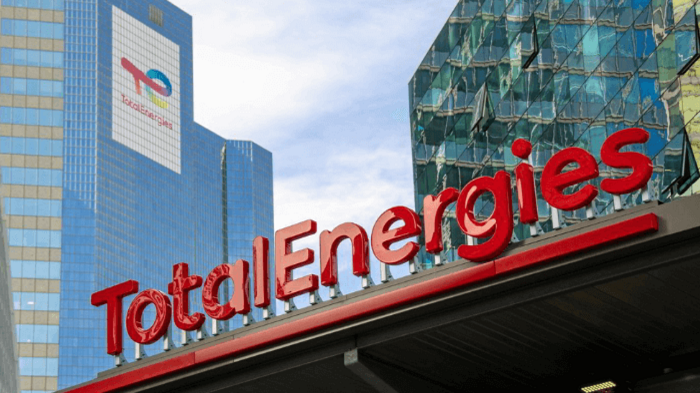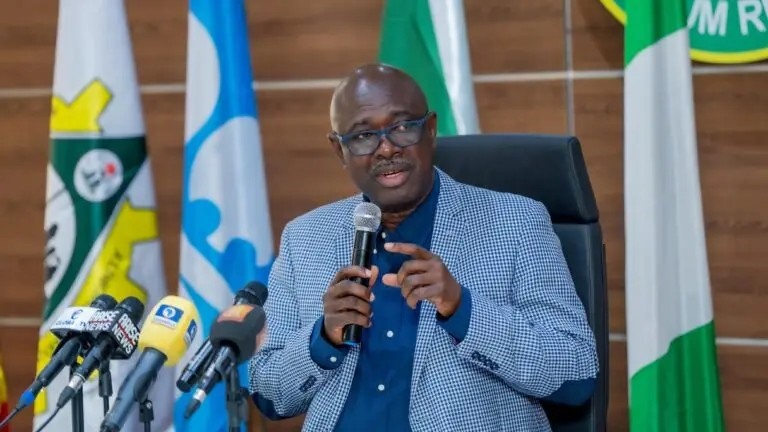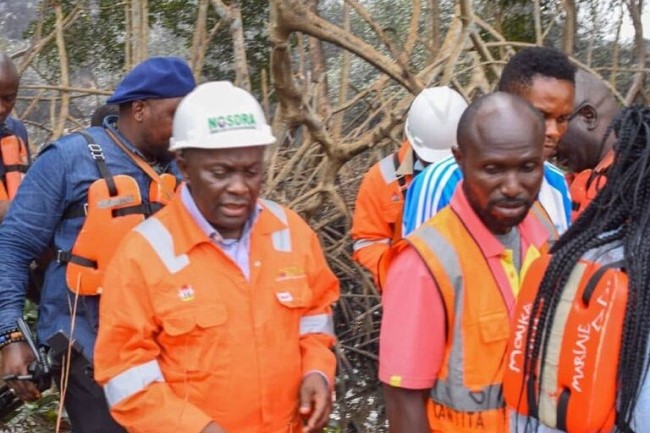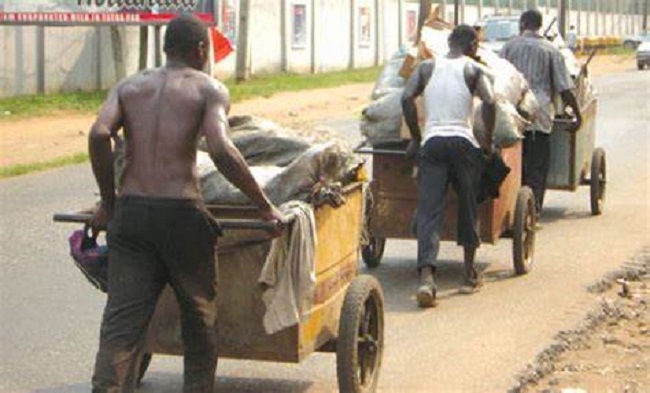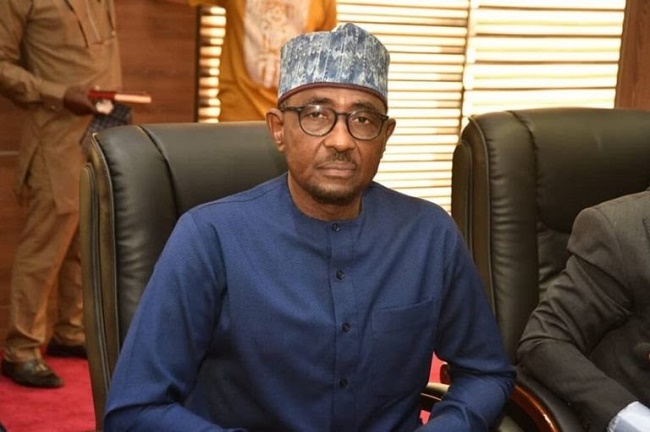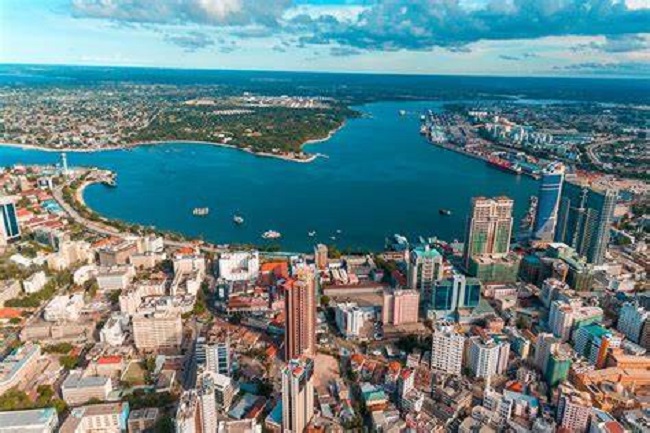A group comprising no fewer than 27 civil society organisations (CSOs) has called on the Nigeria Police to release detained environmental activist, Odey Oyama, and his six associates and cease all further hostile acts against their persons and legitimate campaigns.
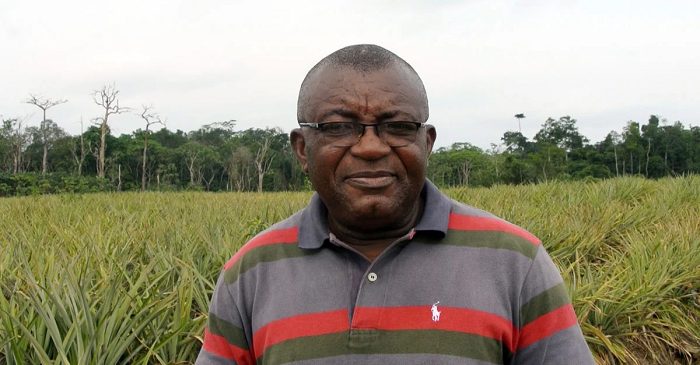
In a statement made available to EnviroNews on Sunday, January 19, 2025, the group, coordinated by the Health of Mother Earth Foundation (HOMEF), submitted that it “shall go to all legitimate lengths to enforce the right of Odey Oyama and his associates to advocate peacefully without any let or hindrance”.
On Tuesday, January 14, 2025, environmental activist and director of the Rainforest Resource and Development Centre (RRDC), Mr. Odey Oyama, and six others were arrested by Police officers from the Ikom division of the Cross River State Police Command. He was reportedly taken from his Okuni home and driven to Calabar where he was kept incommunicado, without legal representation and without formal charges for at least 24 hours.
The were reportedly protesting the exploitation of Olulumo Effi rainforest in Cross River State. The arrests reportedly followed their “peaceful resistance” to deforestation activities by Chinese and local collaborators in the forest.
Odey Oyama is described as a resolute campaigner for the protection of the rainforest and biodiversity in Cross River State, a cause that has brought him in constant confrontation with illegal loggers who plunder the rich forest ecosystem of Cross River State.
In recent times, Odey Oyama has been engaged in a fierce campaign against Chinese business concerns working with indigenous collaborators who are logging the Effi Rainforest, a trend that has resulted in massive deforestation, dissipation of wildlife and loss of biodiversity.
According to the group, Oyama has up till now not been formerly charged with any wrongdoing.
The activists criticised the Nigeria Police, saying that it has once again demonstrated flagrant disregard for due process and their role in stifling dissenting voices, especially when vested business interests are at stake. In this instance, Odey Oyama a conscientious objector to the destruction of the environment, rather than enjoy the protection of the government, is being systematically persecuted, added the campaigners.
They added: “As civil society organisations and activists in Nigeria, we are familiar with the selfless campaigns of Odey Oyama that have earned him national and international recognition and have helped to preserve the ecological heritage of Cross River State. We are therefore alarmed that rather than support the efforts of Oyama and other campaigners like him to check the illegal destruction of the Cross River forests, the Police is complicit in weakening his resolve and repressing him. It is even more alarming that he was arrested and detained without formal charges against all extant Nigeria and international laws.
“We are also concerned that this latest arrest is symbolic of the growing intolerance of the government towards the legitimate activities of civil society organisations. In Cross River State in particular, we have witnessed a pattern of arrest and detention of journalists and activists with the flimsiest excuses, but covertly to stifle democratic dissent. We are worried that the civic space is shrinking at an accelerated rate in the state, and the Police is highly complicit in this deteriorating trend.”
In another statement, Missang Oyama, a family member, described the activist’s detention as an act against his efforts to “defend the sanctity of our land against the greed of Chinese invaders and their despicable and mindless local collaborators”.
“Their only crime was standing up for the Olulumo forest, a treasure that should be preserved for generations yet unborn,” the statement reads.
“We call for the immediate and unconditional release of Prince Odey Oyama and all others unlawfully detained.”
In April 2024, Odey Oyama raised alarms over alleged deforestation and illegal exploitation by unidentified Chinese nationals, purportedly working in collaboration with locals.
He described the rainforest as a sanctuary for biodiversity and a vital resource for local communities, now under threat from indiscriminate deforestation.
“The exploitation of the Effi Pristine Rainforest by these entities is resulting in wanton destruction, indiscriminate deforestation, and irreversible damage to the delicate ecosystem. Immediate action is imperative to prevent further devastation,” the activist wrote.
“RRDC condemns the complicity of community elites and the silence surrounding this ecological plunder. We urge community leaders to break their silence and join efforts to protect our shared heritage.
“Efforts to uncover the truth behind these nefarious activities have been met with resistance and secrecy, highlighting the urgent need for government intervention.
“We therefore call upon the local government, the Cross River state government, and the federal government of Nigeria to invoke the necessary measures to halt the destruction of Effi Pristine Rainforest and hold perpetrators accountable.
“It is imperative that immediate action is taken to restore and preserve the Effi Pristine Rainforest for future generations, reaffirming our commitment to environmental conservation and sustainable development.
“We implore government authorities to act swiftly to avert this ecological crisis and safeguard the Effi Pristine Rainforest for the benefit of present and future generations.”

